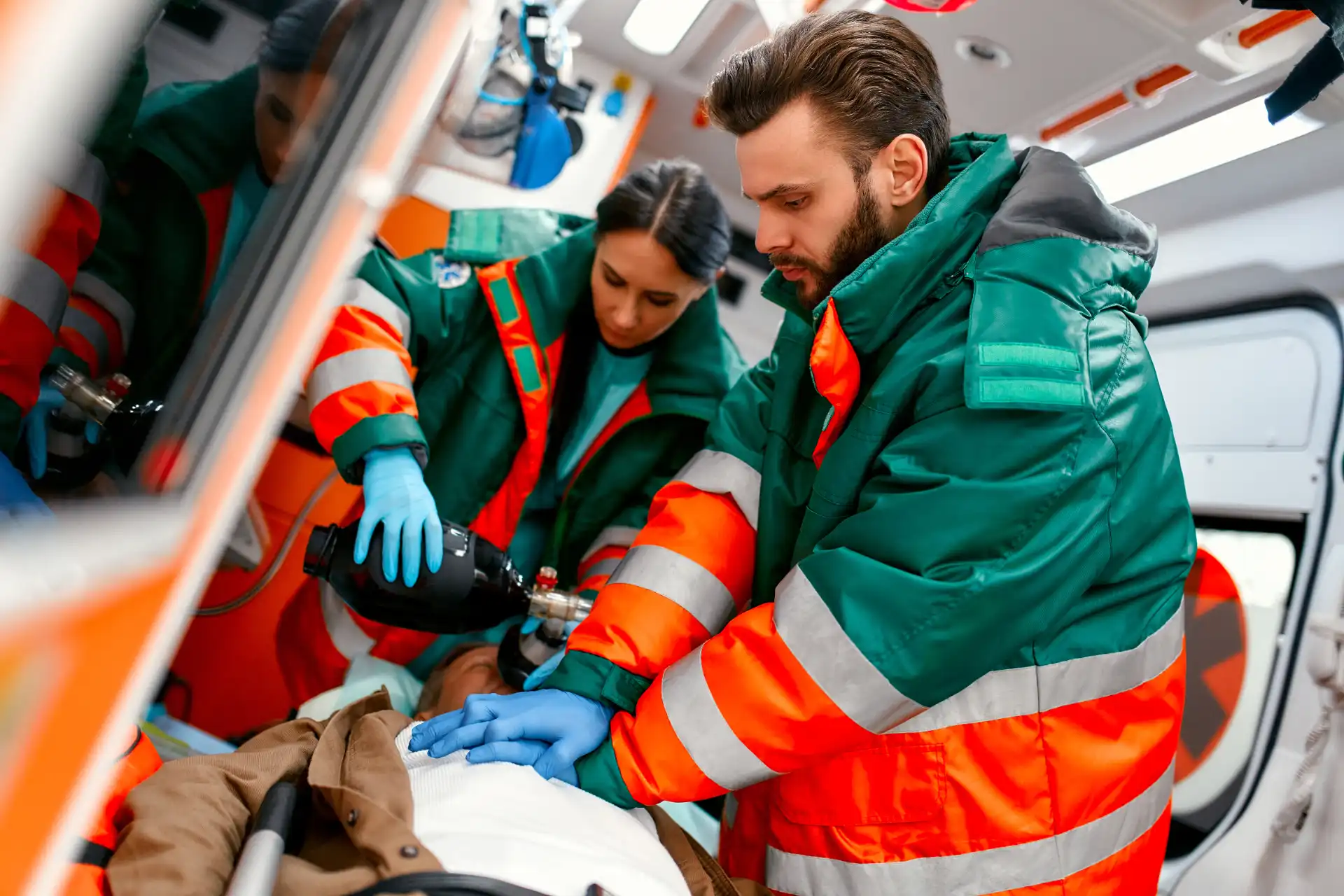Experiencing an accident can be overwhelming and stressful. Understanding the essential Steps After an Accident is crucial for your safety and protecting your legal rights. Here’s a detailed guide to help you manage effectively after an accident:
What to Do Immediately After an Accident
Step 1: Ensure Safety First
Immediately after the accident, check yourself and others involved for injuries. Move to a safe area, away from traffic or hazards, if possible. Safety is always the first priority.
Step 2: Call Emergency Services
Contact emergency services promptly. Police and medical responders will provide immediate assistance, document the scene officially, and create vital records needed for insurance and legal purposes.
Step 3: Document the Scene
Capture thorough photographic and video evidence of the accident scene, vehicle damages, personal injuries, road conditions, and any potential contributing factors. Detailed visual evidence is invaluable during the claims process.
Step 4: Exchange Information
Gather and exchange contact and insurance information with all involved parties. Ensure you have full names, phone numbers, addresses, insurance policy numbers, and vehicle details.
Step 5: Collect Witness Information
Identify and collect contact details of any witnesses. Witness statements provide neutral and powerful support for your claim, helping establish clear facts.
Step 6: File a Police Report
Always request and file an official police report. Police documentation serves as impartial evidence, crucial for establishing fault, liability, and supporting your claim.
Step 7: Seek Immediate Medical Care
Even if you don’t notice immediate injuries, always seek medical evaluation promptly. Some injuries are not immediately apparent, and early medical attention provides vital documentation linking injuries to the accident.
Step 8: Notify Your Insurance Company
Report the accident to your insurance company promptly. Provide factual details without admitting fault. Insurance processes require clear communication and accurate reporting to ensure your claim is handled efficiently.
Step 9: Consult an Experienced Accident Attorney
An experienced accident attorney can provide crucial guidance, protect your legal rights, and maximize your compensation. Legal representation helps navigate insurance negotiations and legal processes efficiently.
Frequently Asked Questions (FAQ)
Q1: Should I admit fault at the accident scene?
A: No, avoid admitting fault or discussing liability at the scene. Stick to factual statements, and let the investigation determine fault.
Q2: What if I feel fine after the accident? Do I still need medical attention?
A: Yes. Some injuries take hours or days to manifest. Seeking immediate medical care provides essential documentation for your claim.
Q3: How soon should I file a claim after the accident?
A: File your claim as soon as possible. Timely filing ensures fresh and accurate evidence, greatly benefiting your case.
Q4: Can I handle my accident claim without a lawyer?
A: While possible, it’s not recommended. An attorney significantly increases your chances of obtaining fair compensation and navigating complex insurance and legal processes.
Q5: What information should I provide to my attorney?
A: Provide your attorney with accident reports, medical records, photographs, witness statements, and any correspondence from insurance companies.
Additional Resources
- Refer to guidelines by the Insurance Information Institute on documenting accidents.
- Learn more about injury documentation from the CDC Injury Prevention.
- For understanding your legal rights, consult resources by the American Bar Association.
Final Thoughts
Knowing exactly what Steps After an Accident significantly impacts your claim’s success and your overall recovery. Following this comprehensive guide ensures your rights remain protected, and you’re adequately prepared to handle any accident effectively.





